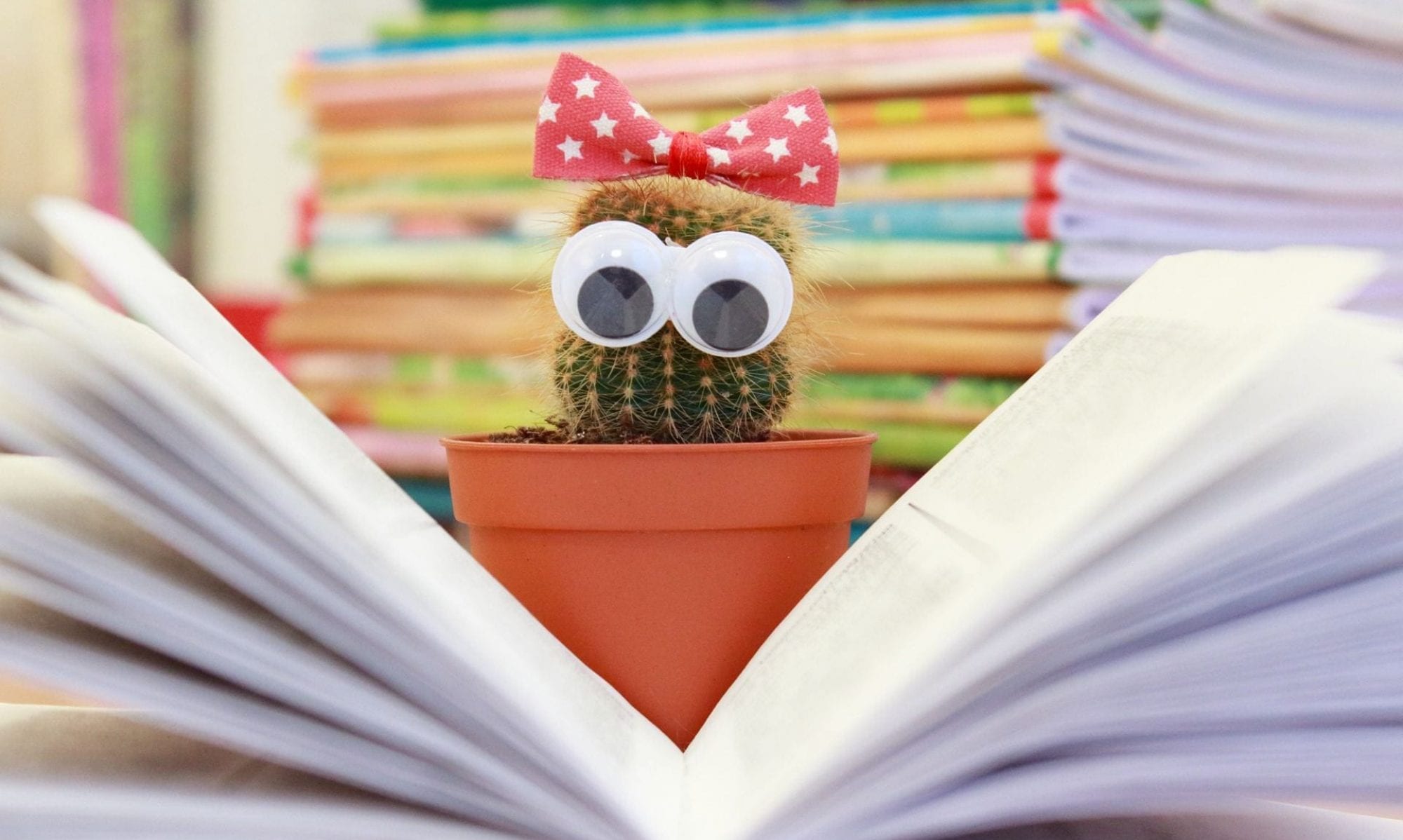Still in information overload! While titled the same as my other topic module, the content for ETL401: Introduction to Teacher Librarianship follows a different course.
The focus of this module has been on what information means, what it is, and how the environment changes. Some confusion from the first reading about defining information – who knew there were so many definitions!
My main take-aways from this module:
- definitions of information can depend on perspective and context.
- Information can be used as a commodity; but has different properties to other traded items.
- Information landscape is constantly changing
- An information society includes people accessing information in ways to suit their requirements.
While I was confused by Case’s ‘The Concept of Information’, I found Floridi’s article, ‘A look into the future impact of ICT on our lives’, much easier to follow and it seems to have been an accurate glimpse into the looking glass of the future. The idea of becoming an ‘inforg’, a ‘connected informational organism’, seems correct at this stage. We are attached to mobile devices 24/7 for news and media updates, there are home devices (Googlehome, Siri, Cortana) that will answer questions for you, and respond to in home commands.
This point from Floridi regarding becoming an inforg resonated with me:
“We shall increasingly feel deprived, excluded, handicapped, or poor to the point of paralysis and psychological trauma whenever we are disconnected from the infosphere, like fish out of water” (p.63)
At the time of reading, I connected this phrase to being constantly attached to our mobile devices. Think about when Facebook went down for a few hours, there were certainly some people that could not cope and became ‘like fish out of water’.
A teacher-librarian needs to understand the information landscape because they need to be able to guide teachers and students through it. The information landscape changes constantly. There is always new information, new sources, new technology, new skills. The teacher-librarian needs to understand these things and identify how best to inform/teach/assist users in gathering/synthesising/applying the information they require. Teacher-librarians bring knowledge of search techniques, ways to evaluate, note-taking methods to students in a way which is relevant and meets their needs. It is important to also remember that both technology and practices change and affect each other.

